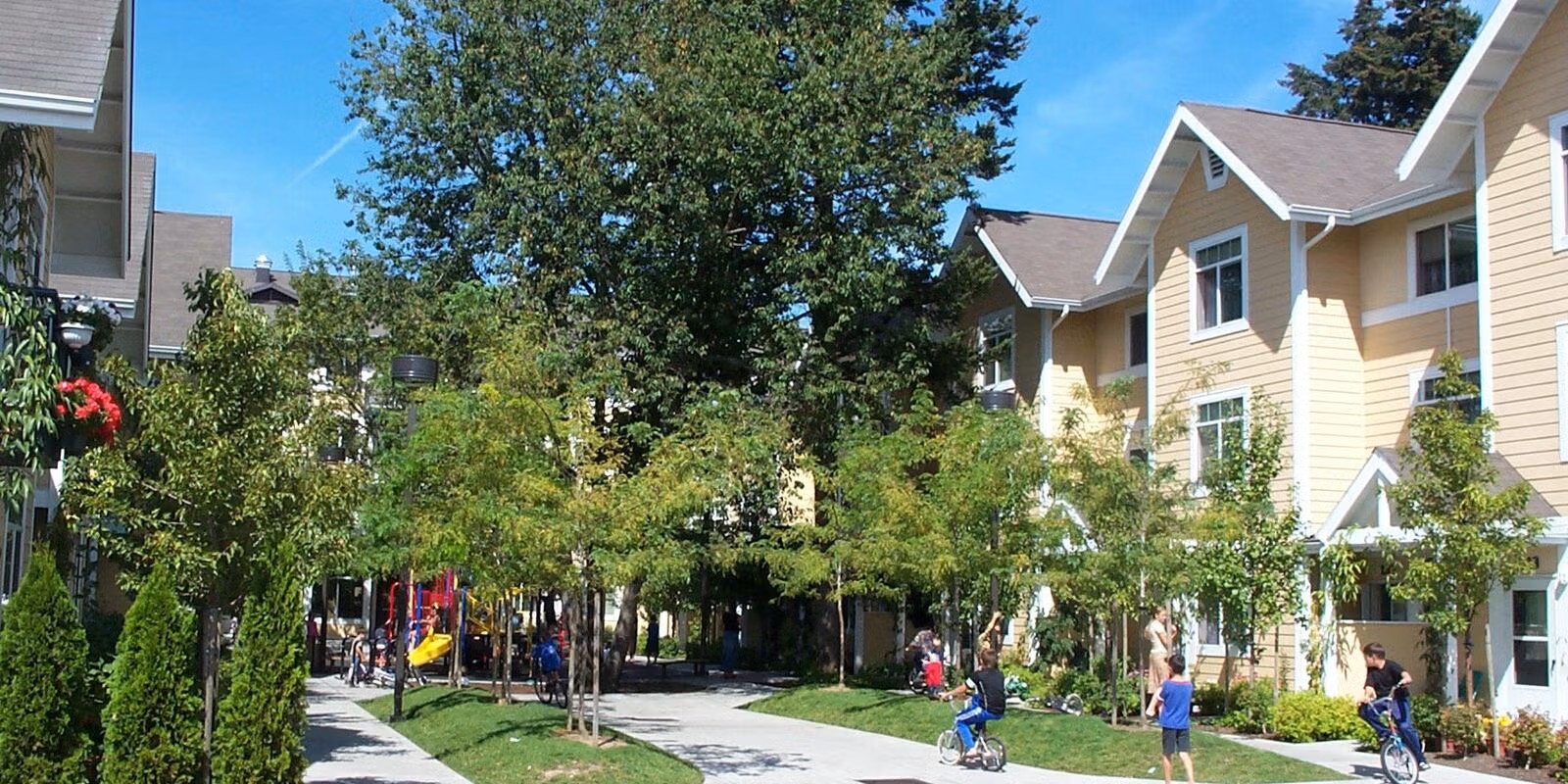News Release: City Council Votes Unanimously To Rezone Select Properties To Support Affordable Housing Production (Photo) - 02/25/26
Dear media partners,
On Wednesday morning, Feb. 25, Portland City Council voted unanimously to approve the Affordable Housing Opportunities Project. This project amends the zoning map for 19 sites – all owned by nonprofit partners and public agencies – to unlock future opportunities to expand affordable housing and community services.
Read the full release: City Council votes unanimously to rezone select properties to support affordable housing production | Portland.gov
Thank you,
Aster
Aster Bloem
Senior Planning Communications Strategist
they/them Why do I list my pronouns?
City of Portland Bureau of Planning and Sustainability
971-940-2782 | aster.bloem@portlandoregon.gov
1810 SW 5th Ave., Suite 710 Portland, OR 97201
Office hours: Monday – Friday, 8 a.m. - 5 p.m.
portland.gov/bps | Facebook | twitter | subscribe to e-news
The City of Portland is committed to providing meaningful access. For accommodations, modifications, translation, interpretation or other services, please contact 311 or Relay Service 711.
